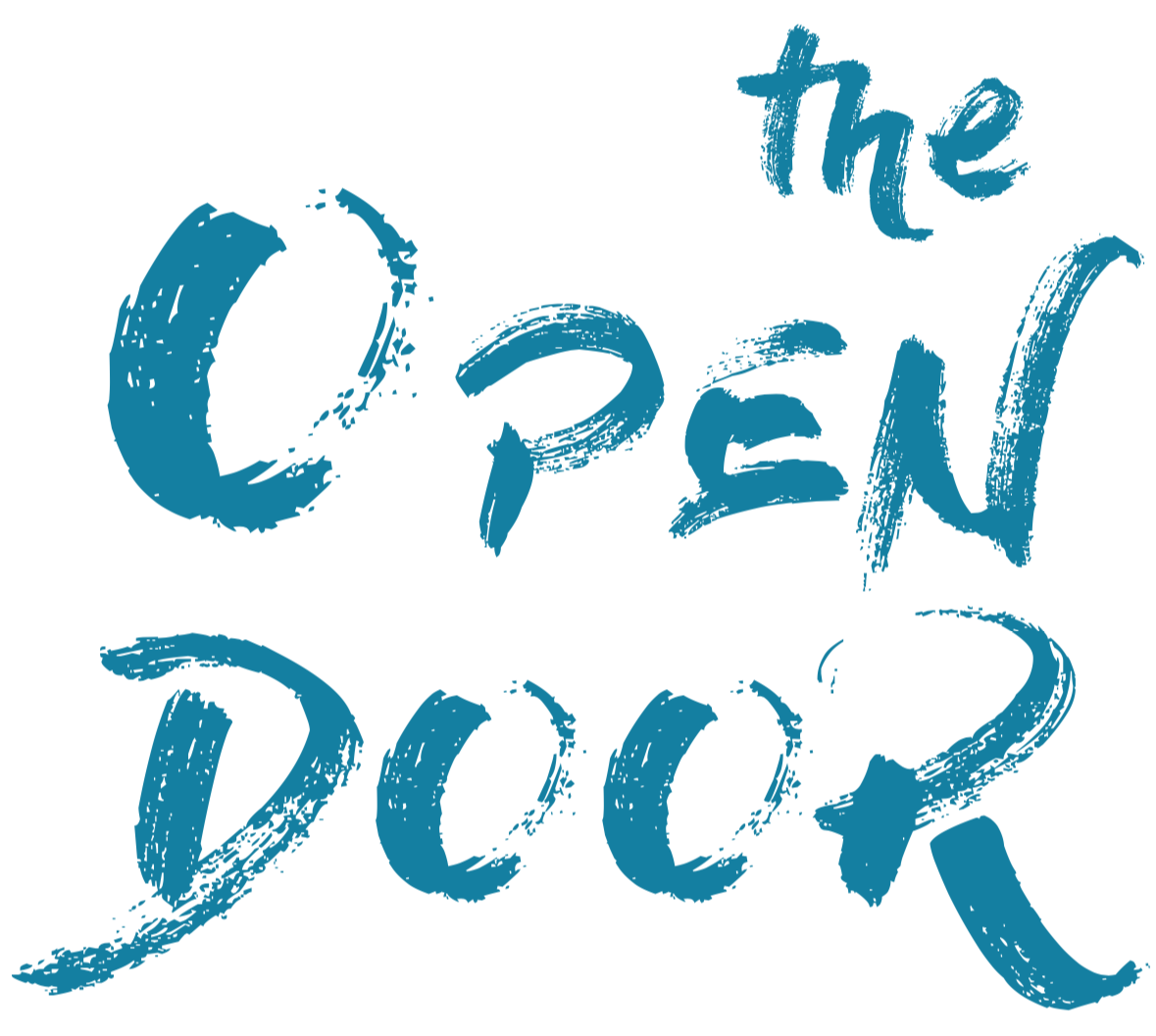Mental health discussions in a group environment
History of mental health by Emily Barham
As a work experience student hoping to explore mental well-being and counselling, I see that mental health can come across in different shapes and sizes and has a long and intricate history. For many people coping with or hoping to talk about mental health, they can struggle to find an environment where they feel safe and able to share past experiences about mental health openly. Many can find refuge in one-on- one session but others feel comforted in a group environment where they can relate to others.
Sitting in on a group well-being session -led by Dafna Bartle- and being able to observe the connections the group of 60+ women had formed over some time, made me realize that these women had formed a friendship that made them feel warm and secure and able to share deeper and meaningful things about themselves to others that might feel the same way or have similar opinions. It helped them to share experiences about mental health and express their feelings towards the topic openly and become more close-knit in a world that might feel lonely at times.
When listening and contributing to this session, I felt a sense of safety that the others around me were expressing through their words. They felt comfortable enough to share past experiences and feelings that might have been difficult to share if not for the connections in the group. As we were talking about the history of mental health, many of them talked of their families and own adventures and looked back at past experiences, which gave an insight into how they related to mental health and made it easier to understand their viewpoints on the matter.
We all took a look at the history of the treatment of mental health and the people that helped develop it over time. It was a long and varied journey from 6500 BC to the modern day that had a dark and daunting side with ups and downs of how people treated mental illnesses in the past. We talked about how in 6500 BC there was trepanation and exorcism, we looked at the illness from 1900 BC that describe women suffering from mental illnesses and how they were said to have a 'wandering uterus' which also is referred to as hysteria by the Greeks. From this to Hippocrates, and even to the late middle ages, as a group, we considered how this has changed and progressed to where it is today.
As we got deeper into the subject and modern-day mental health problems such as social media and drugs were mentioned. We looked a bit into how mental health is different, and talked about differently in today's world, compared to when they were teenagers. The discussion was open and even as a stranger in the room I was involved and talked to as if I had been part of the group for as long as they all had. From Dafna to all the participants, the connections between them all made the environment safe, and even as a visitor, I felt like I could confide in these women and they could trust and confide in me also. This is a benefit of group discussions as talking about a topic as deep as mental health could be challenging to some but for this group, the conversation flowed.
So from mental health history to the group as a whole, this part of my work experience gave me a glance into the lives of the women and their experiences as well as an insight into how group sessions draw people closer and make their friendships stronger which then helps them personally with their mental health.
